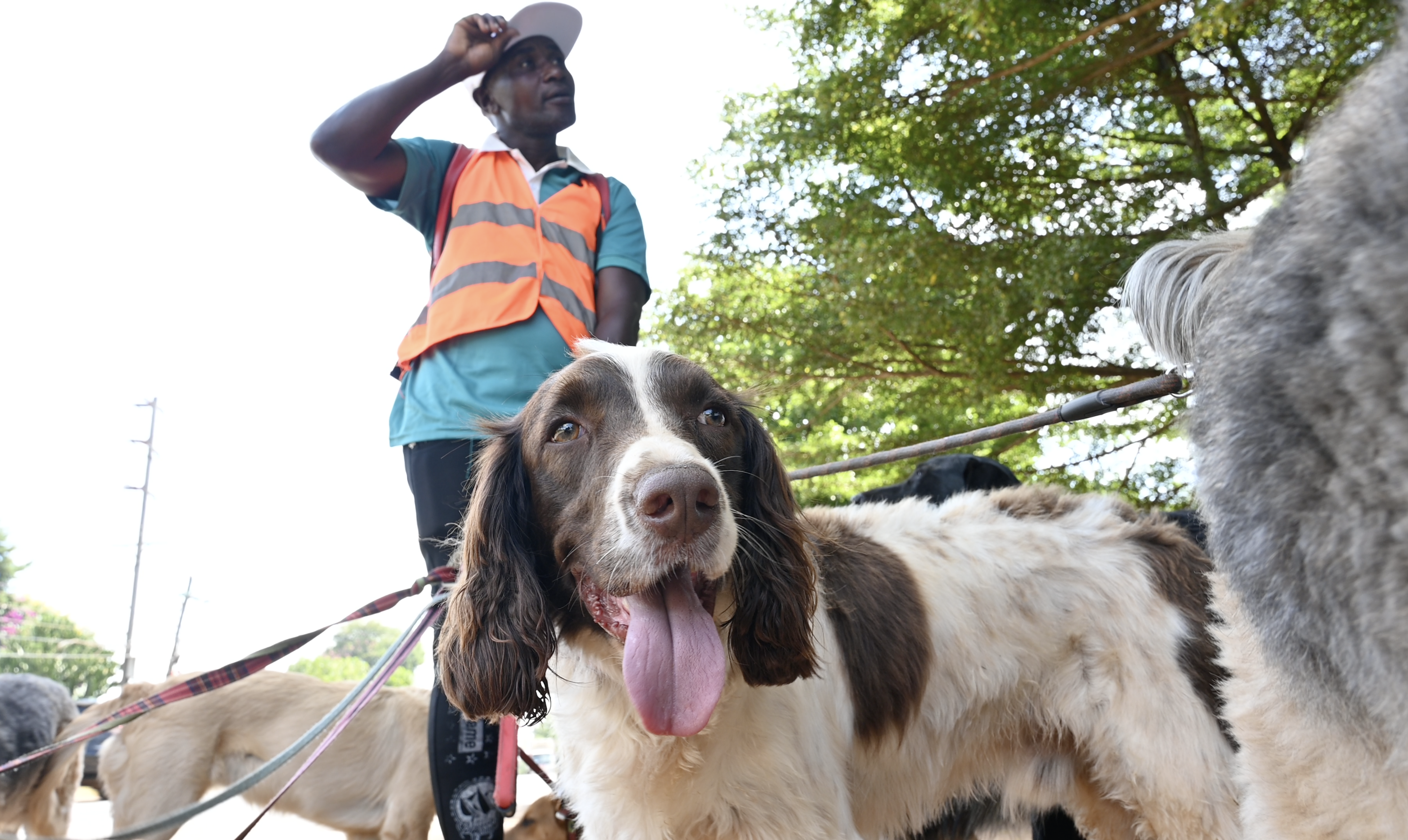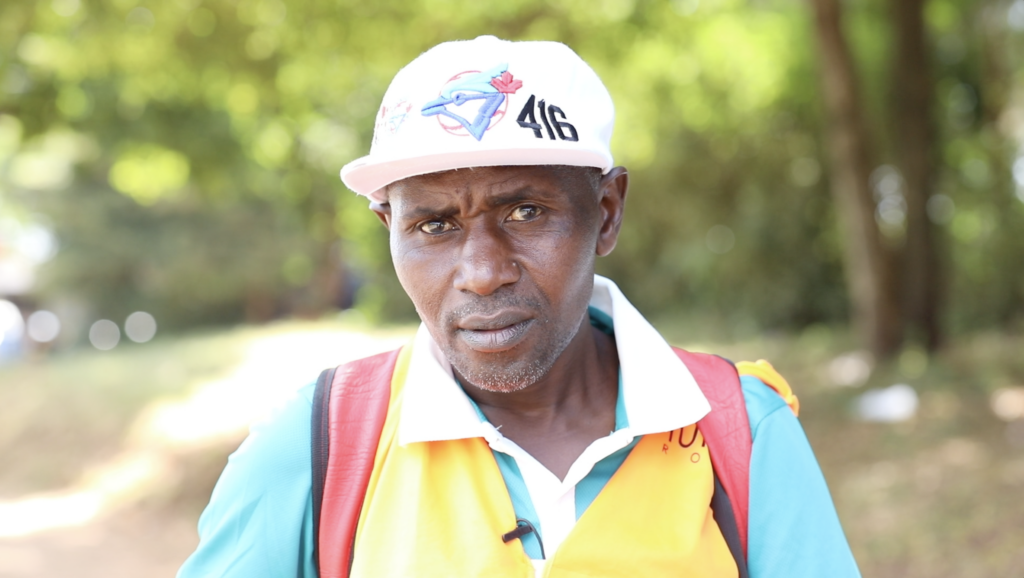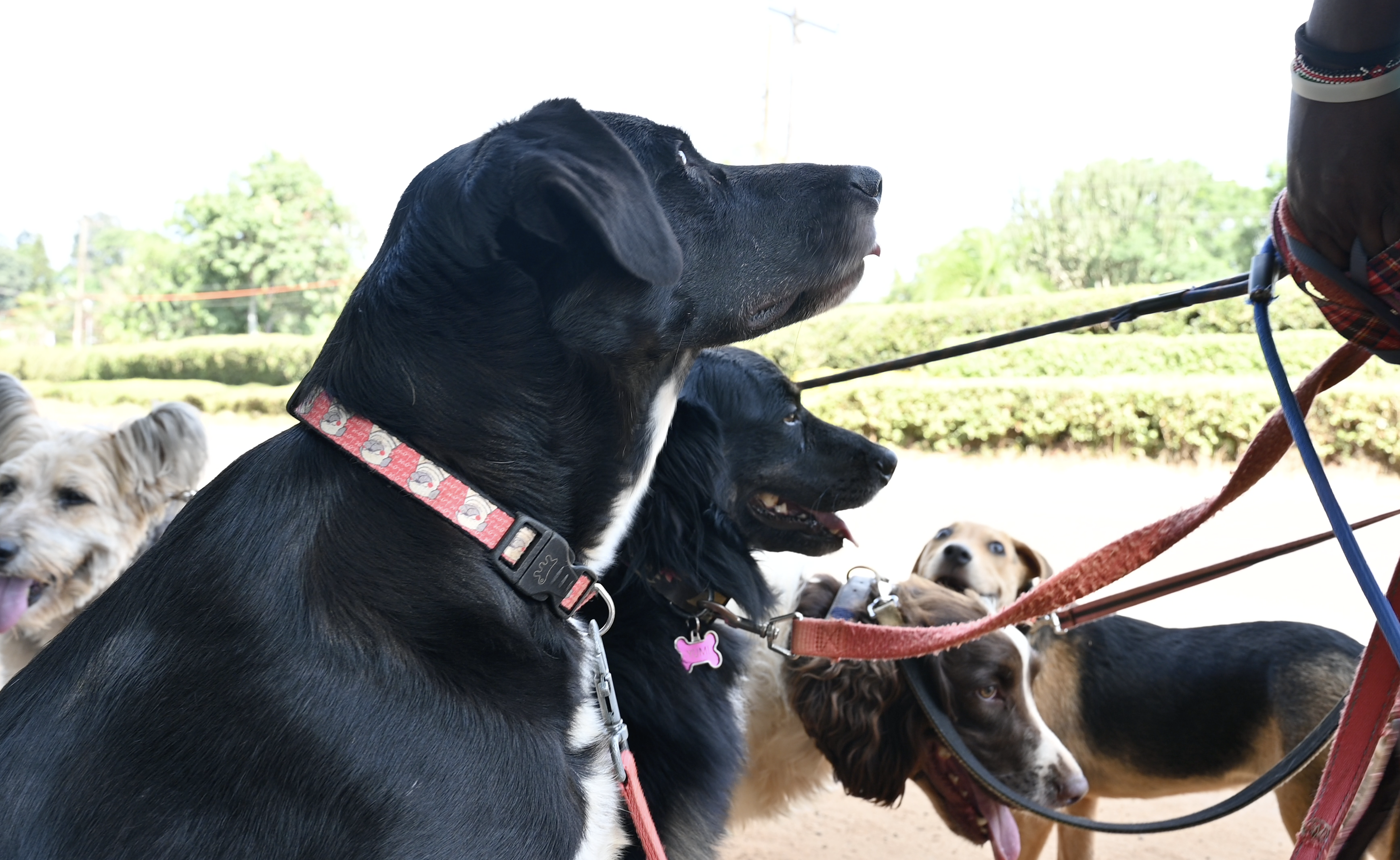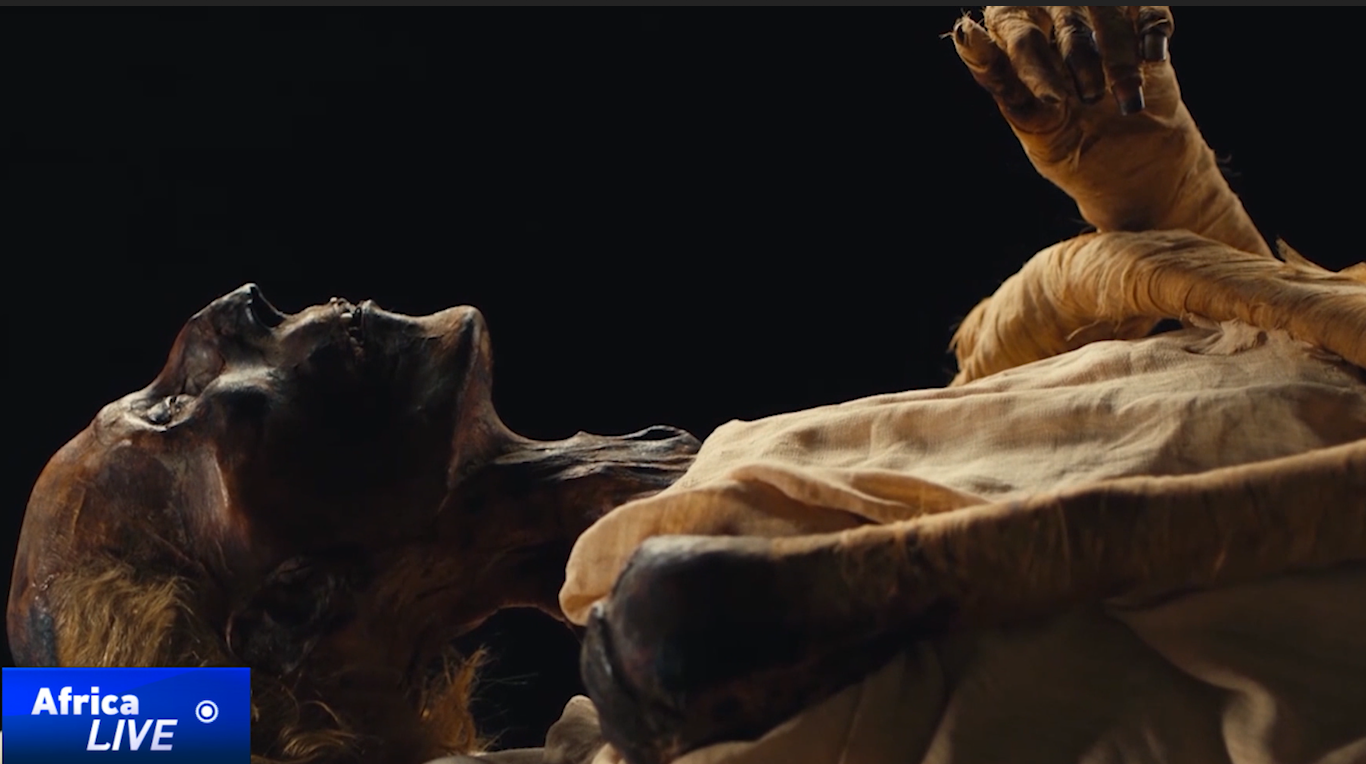
Nairobi’s dog whisperer, William Kimani
You are likely to spot William Kimani in some of Nairobi’s suburban neighborhoods, with a fistful of dog leashes and at least 10 dogs in tow.
It is a peculiar sight to behold, as the middle-aged man takes the dogs on their daily walks, giving them gentle but firm instructions that they promptly follow, except for a few excited puppies.
He addresses each dog by name.
“Sit Pinky”, he says to a massive jet-black Labrador retriever who obeys.
“Hey relax, it’s okay, we are almost done Stella,” he affectionately says to a particularly impatient cocker spaniel who seems to understand exactly what has been said.
“If you want to know what a dog is feeling, just look into their eyes, they’ll tell you if they are not okay.”

William Kimani, Dog walker
A typical day at the office starts at 5 am, ends at 9 pm
Dog walking is not a common venture in Kenya. Kimani became interested in animals at a young age since his dad was fond of them. He has a diploma in electrical engineering and dabbled in the field before getting involved in his uncle’s animal business.
“I went back to school to do animal husbandry and instead of specialising in veterinary services, I decided to study animal therapy. So, I can check your animal, see its behaviour, and be able to tell you what it needs and then refer you to the right specialist.”
After his studies, he started advertising online. This helped him get a few clients and through referrals, his list of clients grew longer and longer. So long, that his day starts at 5 am and ends at 9 pm. He dedicates at least one hour to each batch, ensuring he is making a difference in their behaviour, language understanding, and grooming.

Earn $70 per month, per dog
He has become something of an internet sensation as many wonder how dog walking earns him a decent living in Nairobi. He says it is about offering value instead of empty promises and ultimately disappointing clients.
“I charge approximately 70 U.S. dollars per month for each dog. This is for the walks and other services I offer them. Remember, I also have to travel to different neighbourhoods daily and also pay for my monthly insurance worth approximately 350 U.S. dollars”, he says.
The job is physically taxing and on most days, he finds himself extremely exhausted at the end of the day. A typical day will see him handling dogs in several different parts of Nairobi.

“There are people with so many ideas in their minds but they ignore them. Being jobless or unemployed might be a matter of one not using their talents or ideas. If you are not employed, that does not make you jobless.”
That’s a situation Kimani knows firsthand. He says he knows what it is like to not have an employer. But he did not feel unemployed. He took on farming and is making money from poultry and cattle keeping as well.
It’s half past noon now. Nairobi is engulfed in sweltering heat. But for Kimani, it’s time for him to take his group of canine friends back to their owners and collect another batch of ten.
” When I get home in the evening, I am usually quite exhausted. I don’t even say a word, I just have a meal, shower then go to bed because I will still have to start working at 5 am the next day.” he said.
With his new batch leashed up and ready to go, they head off and disappear past the gate of a nearby estate.






